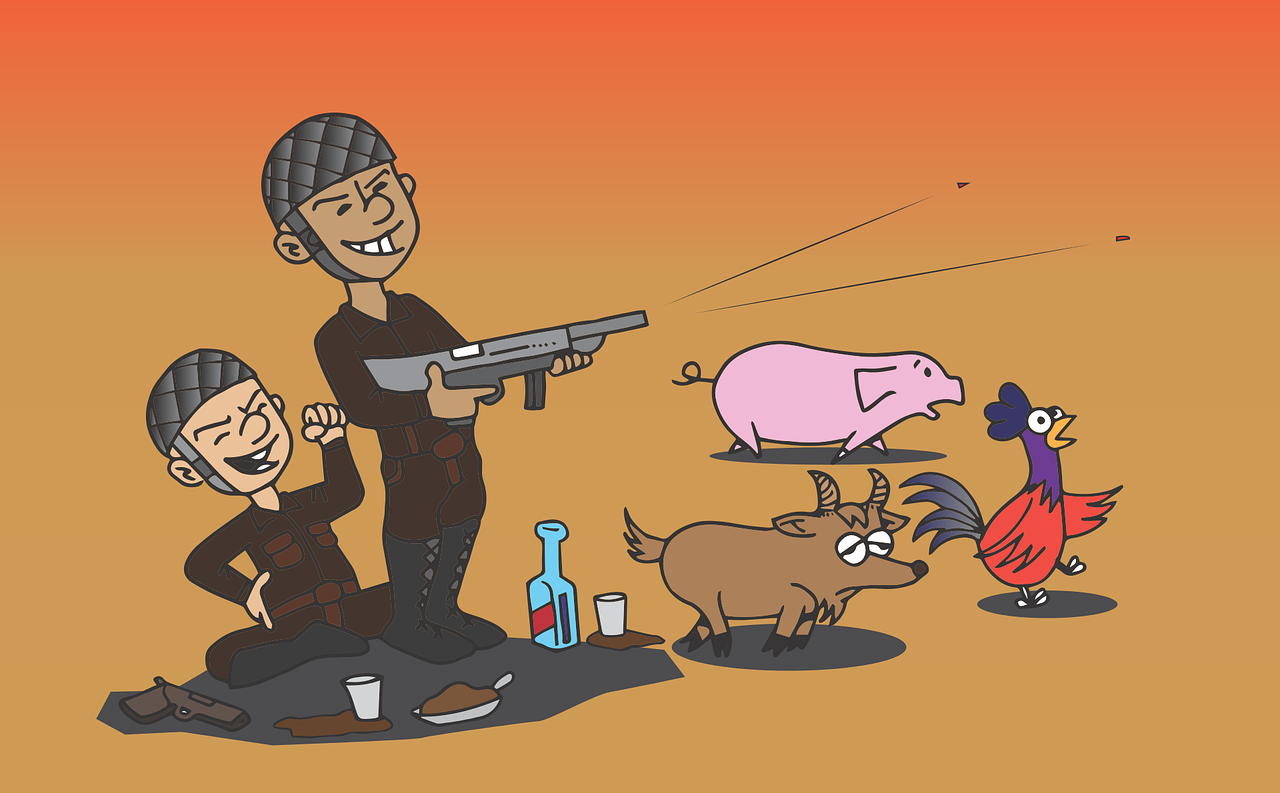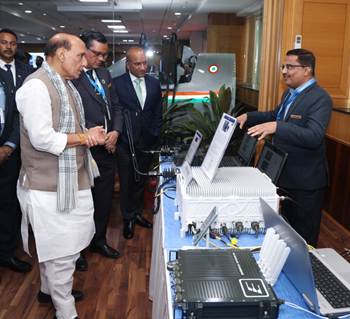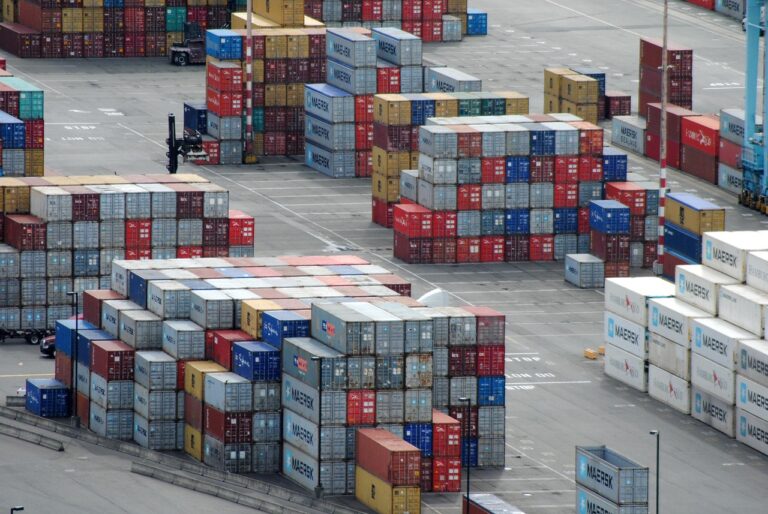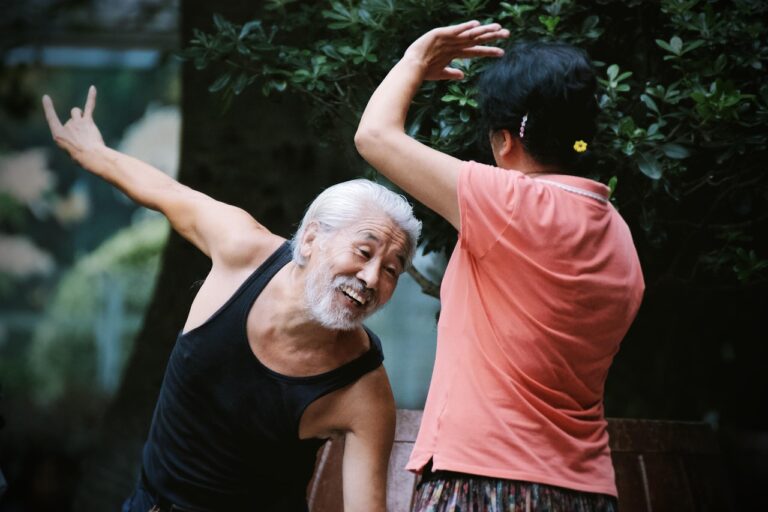
Washington/New York/Yangon/Geneva: Despite adverse United Nations Security Council resolutions and condemnations led by the United States of America, the Military Junta on February 1, 2023, completes its second year of an oppressive regime following the coup.
At the UN headquarters in New York, Secretary-General Antònio Guterres said that he continues to stand in solidarity with the people of Myanmar and to support their democratic aspirations for an inclusive, peaceful and just society and the protection of all communities, including the Rohingya. He strongly condemned all forms of violence as the multidimensional crisis continues to deteriorate and fuel serious regional implications. He also expressed concern at the military’s stated intention to hold elections amid intensifying aerial bombardment and burning of civilian houses, along with ongoing arrests, intimidation and harassment of political leaders, civil society actors and journalists.
The UN Secretary-General’s special envoy, Noeleen Heyzer, also released a statement urgently calling for international unity on humanitarian aid and a unified stance on elections and civilian protection. The Special Envoy would be dealing with various parties and what she’s trying to do is see what can happen so that there is a strong, unified international position on this. The Secretary-General believes that these elections will not contribute to a helpful resolution of this particular crisis.
On February 1, 2021, the Myanmar military staged the coup d’état and seized power against the people’s will, plunging the country into a deep political, economic and humanitarian crisis. The military overruled the democratic wishes of the people of Myanmar as expressed in the November 2020 General Election, when they seized power on February 1, 2021. Since the coup, the military regime violently cracked down on any form of opposition, including peaceful protests.
Credible reports indicate that thousands of civilians, including children, have been jailed, tortured and killed. There are mounting reports that air strikes, bombardments and the mass burning of villages and places of worship have targeted civilians and civilian infrastructure. Accounts of torture and sexual violence by the security forces are widespread. The prolonged conflict has seen thousands of civilian casualties, over 17 million people in need and 1.5 million displaced from their homes.
A referral of Myanmar to the International Criminal Court for all human rights violations since 2017 has also been made.
“Over the last two years, the people of Myanmar have courageously demonstrated their commitment to a democratic country, demanding respect for human rights and fundamental freedoms, and showing determined resilience in the face of unspeakable atrocities,” stated a joint statement by the High Representative on behalf of the European Union, and the Foreign Ministers of Albania, Armenia, Australia, Bosnia and Herzegovina, Canada, the Federated States of Micronesia, Georgia, Ghana, Iceland, Liechtenstein, Montenegro, New Zealand, North Macedonia, Norway, the Republic of Korea, the Republic of the Marshall Islands, the Republic of Palau, Serbia, Switzerland, Ukraine, the United Kingdom and the United States, on the two year anniversary of the military coup in Myanmar.
“We reiterate our call for the return of Myanmar to a democratic path. The military regime must end violence and create space for meaningful and inclusive dialogue to allow for any democratic process to resume,” the statement said.
The UN Security Council Resolution 2669 (2022) on the situation in Myanmar called for the immediate cessation of violence and the upholding of universal human rights, the provision of full and unhindered humanitarian access and the protection of civilians. It called on the military regime to effectively and fully implement ASEAN’s Five-Point Consensus and to immediately release all arbitrarily detained prisoners, including President Win Myint and State Counsellor Aung San Suu Kyi.
The joint statement welcomed the UNSC Resolution 2669, and also supported the central role of ASEAN in addressing the crisis in Myanmar, including the efforts of the ASEAN Chair and ASEAN Special Envoy to Myanmar. “It reaffirms our support for the ASEAN Special Envoy to Myanmar and the UN Special Envoy to Myanmar and encourages their close coordination. It also urges all parties in Myanmar to work constructively with both Envoys to commence dialogue to seek a peaceful solution,” the joint statement said.
While pledging to remain resolute in its support for all those working peacefully towards an inclusive and democratic future for the people of Myanmar, the signatories to the joint statement called on all members of the international community to support all efforts to hold those responsible for human rights violations and abuses to account; to cease the sale and transfer of arms and equipment which facilitate atrocities; and to meet the urgent humanitarian needs of Myanmar’s people, including its most vulnerable communities.
Earlier, on the eve of the second anniversary of the military coup in Myanmar which deposed the democratically elected National Unity Government, UN Special Rapporteur on the situation of Human Rights in Myanmar Tom Andrews, issued a new report that “lays bare the junta’s flawed claims to be the legitimate government of Myanmar”.
“Two years ago, the military deposed a democratically elected government in an unconstitutional coup. The unrelenting violence that it unleashed on the people of Myannar has created a widespread human rights, humanitarian, and economic crisis and galvanised nationwide opposition,” the Special Rapporteur said.
“The conclusion is clear – the [State Administration Council] SAC’s military coup was illegal and its claim as Myanmar’s government is illegitimate and a new, coordinated international response to the crisis is imperative,” Andrews said. He called for the international community to deny the SAC legitimacy, create a coalition of member states to enforce strong, coordinated sanctions against the SAC, and support the National Unity Government “which has a stronger claim to legitimacy”.
However, Andrews pointed to a” small minority of States”, including Belarus, China, India, Russia, Saudi Arabia, and Sri Lanka, that has implicitly supported the junta’s claim as the government of Myanmar by taking actions “that are tantamount to recognition”. These actions include presenting diplomatic credentials to SAC leadership, strengthening economic and military relations with the SAC, and—in the case of at least Belarus and India—publicly engaging with the SAC on its plans to hold sham elections, Andrews said.
“Even governments that have engaged the SAC, however, recognise the plain truth—the junta lacks legitimacy,” the Special Rapporteur said. For example, during consultations for the report, Vietnam told the Special Rapporteur, “[C]ontact, exchange and cooperation activities with Myanmar within bilateral settings or ASEAN frameworks should not be interpreted as or equated with a recognition of the military government or the State Administration Council.”
Addressing ASEAN Member States separately in his report, the UN Special Rapporteur noted that the regional grouping was divided on policy vis-à-vis Myanmar’s junta.
“Brunei, Indonesia, Malaysia, the Philippines, and Singapore have reduced diplomatic engagement with the SAC and rejected its claims of legitimacy. Some of these Member States have also engaged with the National Unity Government. Cambodia, Laos, Thailand, and Vietnam have chosen to engage with the SAC,” Andrews said.
“ASEAN States must distance themselves from the SAC, condemn its actions and support enforcement of international sanctions in their jurisdictions, while increasing engagement with the National Unity Government,” he said. “I urge all Member States, but particularly those that have already imposed costs on the junta, to initiate a strategic approach to strengthen, coordinate and enforce economic sanctions and an arms embargo on the SAC and provide more robust humanitarian aid to the millions in desperate need,” the UN expert urged.
– global bihari bureau






1 thought on “Two years of Myanmar military coup and a helpless UNSC”